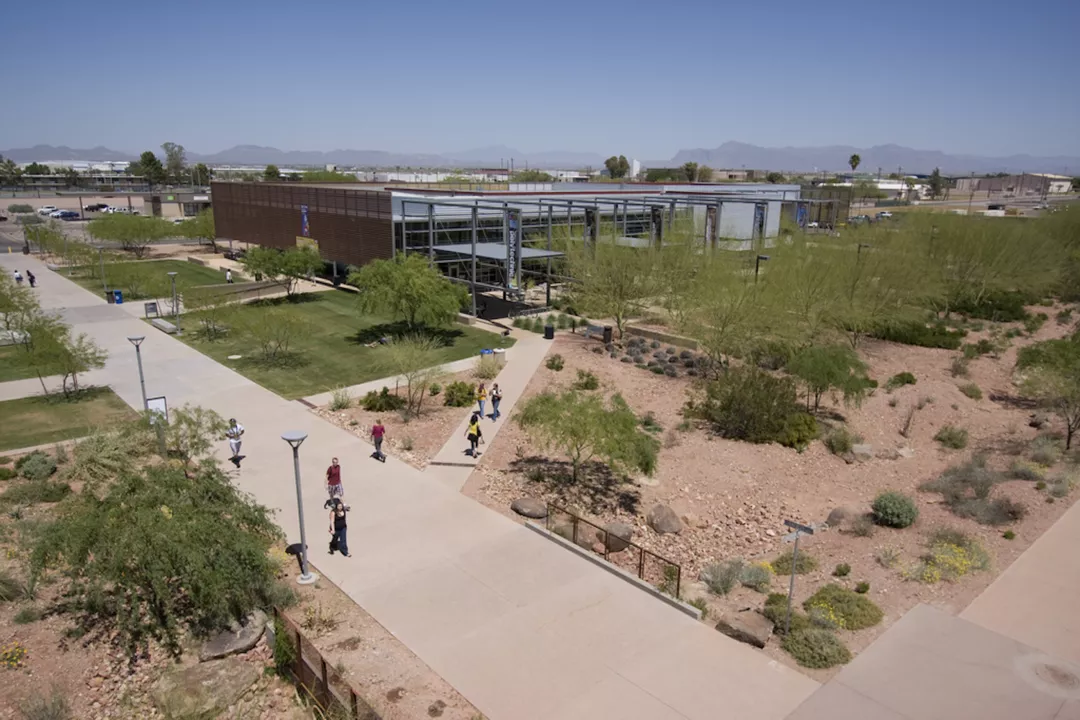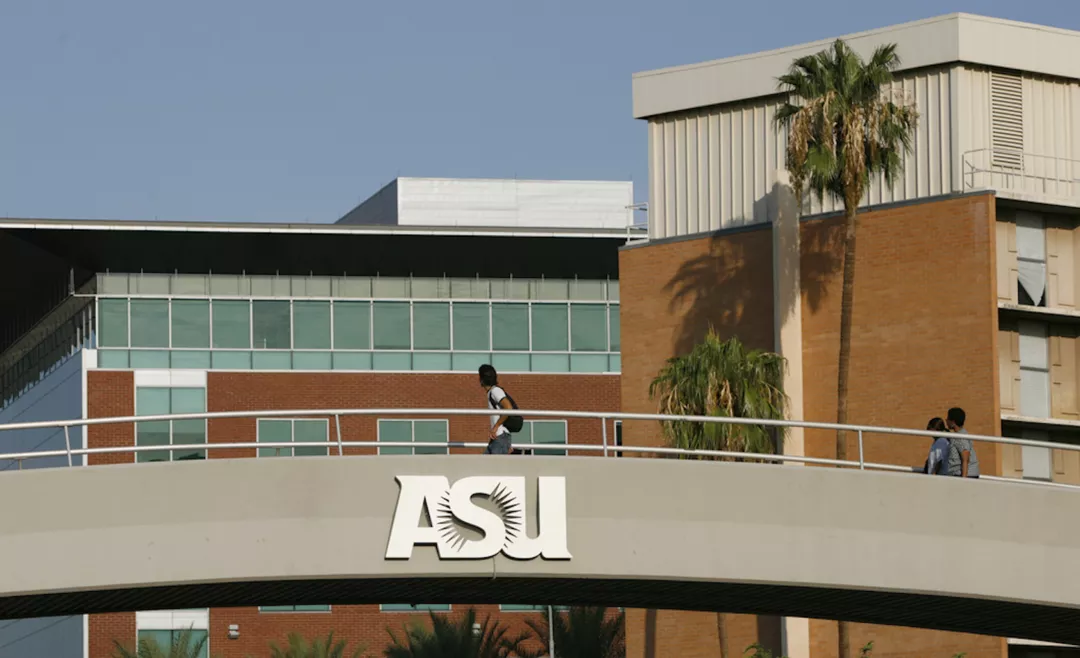-
hello@abroadcube.com
Mail us
-
Call For Help:
98779 83783
-
Whatsapp Us
70090 34921
There is a growing need for speech language pathologists. Even in difficult economic times, certified SLPs are able to find employment in early intervention programs, schools, hospitals and clinics. You can make a difference in the lives of children and adults with autism, hearing impairment, neurogenic and other communication disorders.
The MS in communication disorders is a full-time residential program that can be completed in 20 months and prepares students to become certified speech language pathologists. The master's degree program trains students to evaluate and treat clients in speech, language, cognitive and communication disorders.
The first year of the program focuses on developing knowledge and skills in assessment and treatment of communication disorders across the lifespan. Hybrid courses use "flipped classrooms" and problem-based learning to develop skills needed in the field. The second year of the program allows students to focus their interests in specialty areas and acquire clinical skills in external clinical placements. The program is accredited by the Council on Academic Accreditation of the American Speech-Language-Hearing Association.
This program provides a wide range of research and clinical opportunities. Clinical settings include inpatient and outpatient medical sites, public schools, early intervention programs and private practices. A part-time employment program is available for speech language pathology assistants who are working in a public school setting.
| Level | Masters |
| Discipline | Sciences |
| Duration | 20 months |
| Intakes | Jan, Aug |
| Application Fees | USD 0 |
| Tuition Fees | USD 25200 |
| Campus | Tempe |
| Language proficiency (minimum) | |
| IELTS | 6.5 |
|---|---|
| TOEFL | 80 |
| PTE | 65 |
| Duolingo | 105 |
| Exam proficiency (minimum) | |
| SAT | Not Required / Waiver |
|---|---|
| ACT | Not Required / Waiver |
| GRE | Not Required / Waiver |
| GMAT | Not Required / Waiver |
Minimum GPA - 77%
QS Quacquarelli Symonds is the world’s leading provider of services, analytics, and insight to the global higher education sector, whose mission is to enable motivated people anywhere in the world to fulfil their potential through educational achievement, international mobility, and career development.
THE (Times Higher Education) has been providing trusted performance data on universities for students and their families, academics, university leaders, governments and industry, since 2004. We create university rankings to assess university performance on the global stage and to provide a resource for readers to understand the different missions and successes of higher education institutions.
The Academic Ranking of World Universities (ARWU) was first published in June 2003 by the Center for World-Class Universities (CWCU), Graduate School of Education (formerly the Institute of Higher Education) of Shanghai Jiao Tong University, China, and updated on an annual basis
The "Webometrics Ranking of World Universities" is an initiative of the Cybermetrics Lab, a research group belonging to the Consejo Superior de Investigaciones Científicas (CSIC), the largest public research body in Spain. CSIC is among the first basic research organizations in Europe. The CSIC consisted in 2006 of 126 centers and institutes distributed throughout Spain.





